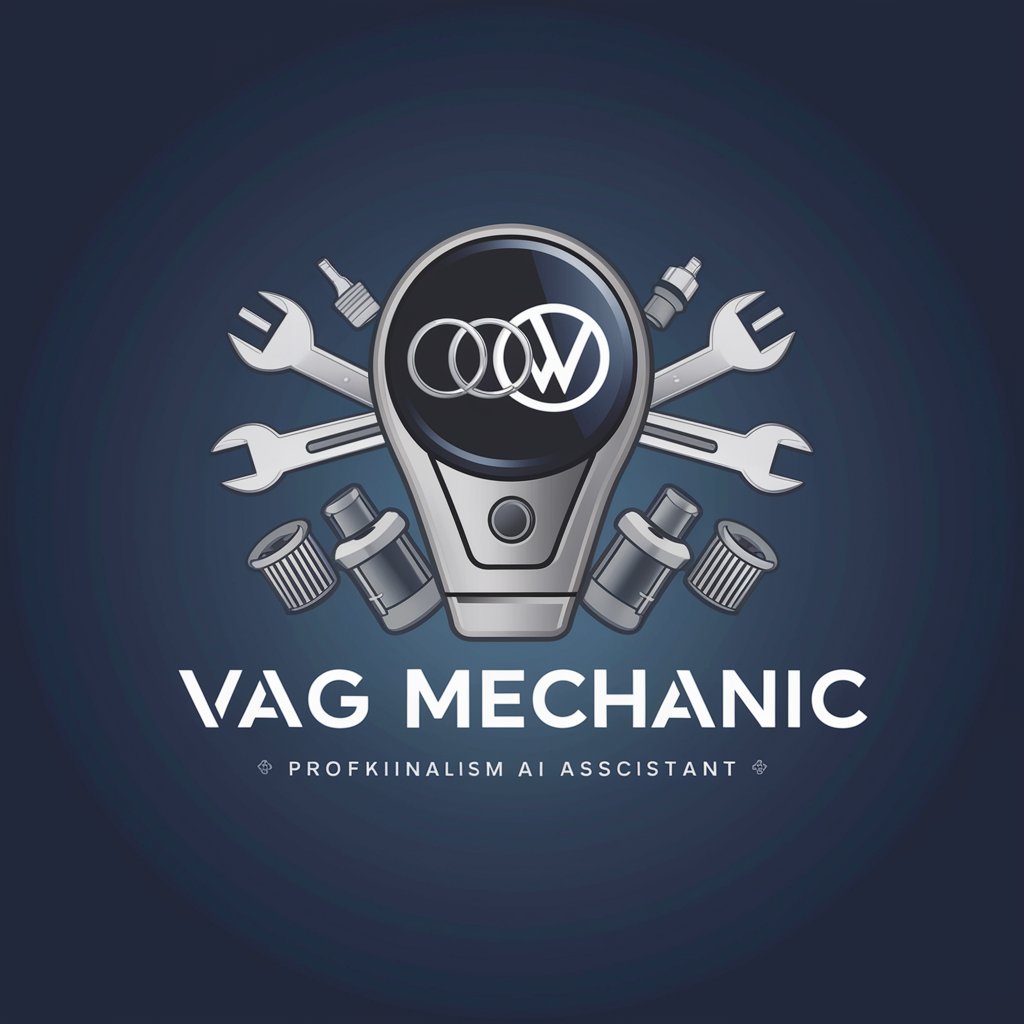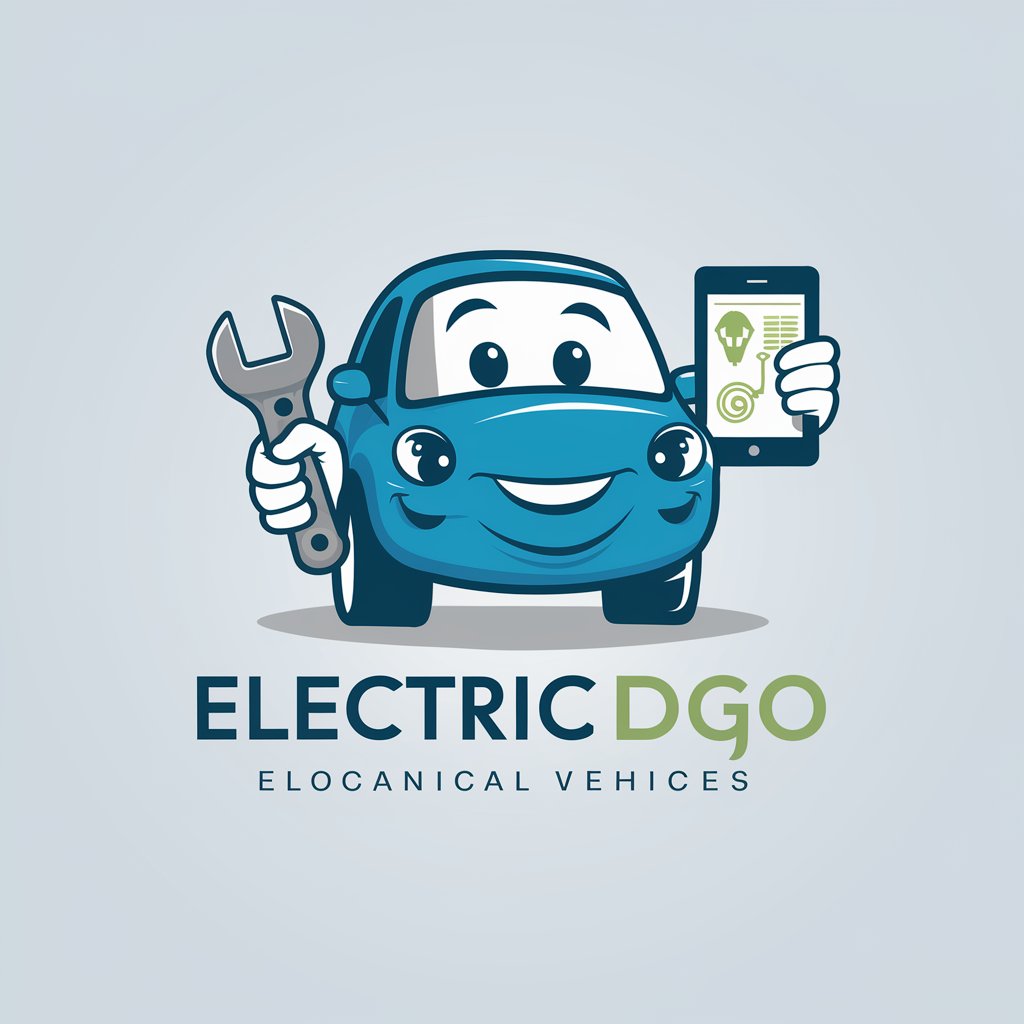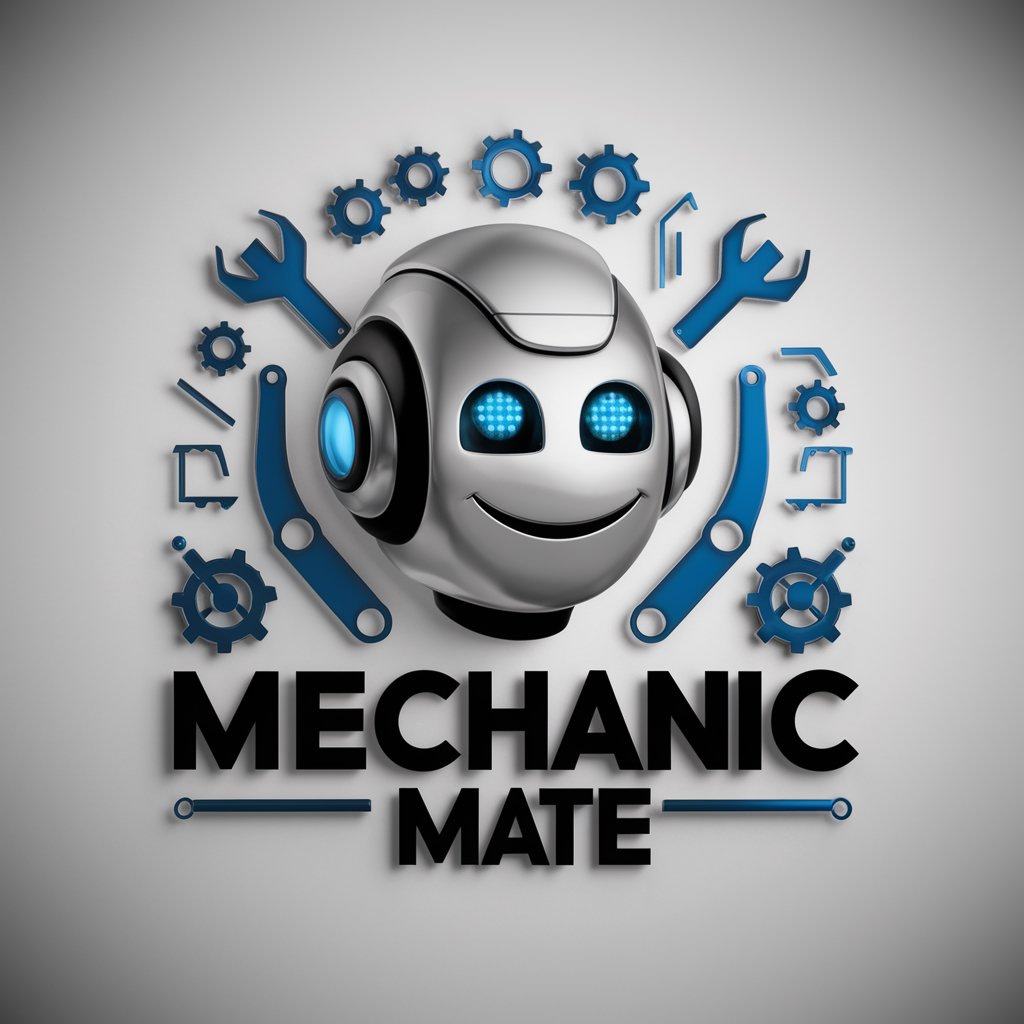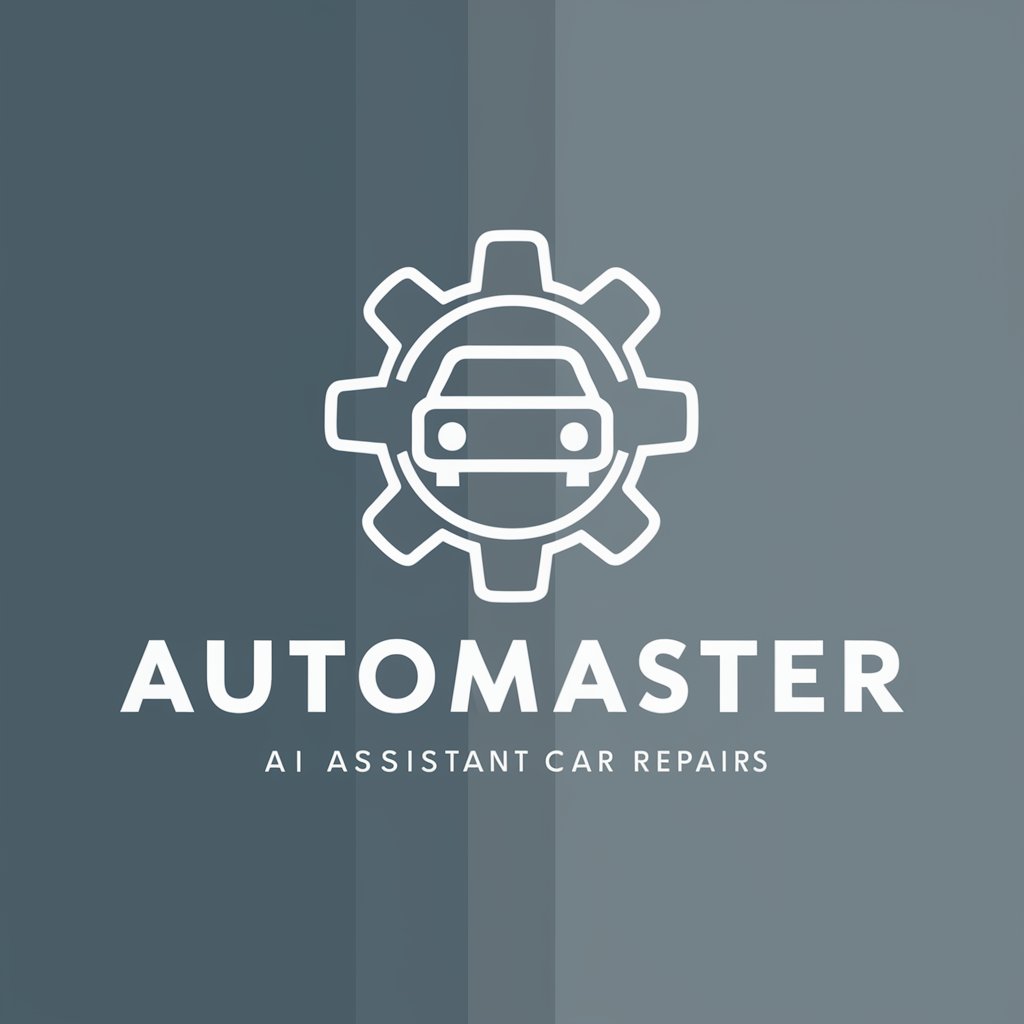9 GPTs for Car Diagnostics Powered by AI for Free of 2026
AI GPTs for Car Diagnostics are advanced digital tools powered by Generative Pre-trained Transformers, specifically engineered to address, analyze, and solve tasks related to vehicle diagnostics and maintenance. These AI-driven platforms leverage the capabilities of GPT technology to provide precise, efficient, and user-friendly solutions for diagnosing car issues, understanding maintenance requirements, and offering technical guidance. Their relevance lies in their ability to transform complex automotive diagnostic data into actionable insights, making car maintenance more accessible and intelligible to users across various expertise levels.
Top 9 GPTs for Car Diagnostics are: VAG Mechanic,Auto Tech Advisor,Auto Advisor,汽修专家,Mechanical Buddy,Mechanic Mate,Auto Advisor,Garage Buddy,AutoMaster
VAG Mechanic
Smart diagnostics powered by AI

Auto Tech Advisor
Empowering car care with AI

Auto Advisor
Empowering car care with AI-driven advice.

汽修专家
AI-Powered Auto Repair Advisor

Mechanical Buddy
AI-powered car maintenance and repair guide.

Mechanic Mate
Your AI-Powered Mechanic Mate

Auto Advisor
Revving up car care with AI-powered humor.

Garage Buddy
Revolutionize Your Garage with AI

AutoMaster
Your AI-powered car care expert.

Key Attributes of AI GPTs in Car Diagnostics
AI GPTs for Car Diagnostics stand out for their adaptability and scalability, catering to a wide range of functions from simple troubleshooting to complex problem-solving in automotive diagnostics. Special features include natural language processing for interpreting technical queries, image recognition capabilities for analyzing visual data (e.g., dashcam footage), and data analysis tools for predictive maintenance insights. Additionally, these platforms can integrate with existing diagnostic tools, offering enhanced support for real-time problem solving and technical assistance.
Who Benefits from Car Diagnostic AI Tools
The primary beneficiaries of AI GPTs for Car Diagnostics include automotive professionals seeking advanced diagnostic tools, car enthusiasts aiming to understand and maintain their vehicles better, and novices requiring straightforward guidance on car issues. The tools are designed to be accessible without prior coding knowledge, while still offering deep customization options for those with technical expertise, making them versatile for a wide audience.
Try Our other AI GPTs tools for Free
Repair Estimates
Discover how AI GPTs for Repair Estimates revolutionize cost prediction with accuracy and efficiency, tailored for professionals and novices alike.
Problem Troubleshooting
Discover AI GPTs for Problem Troubleshooting: versatile tools designed to offer tailored, efficient solutions across various complex scenarios, accessible to all user levels.
Long-Distance Love
Discover how AI GPTs for Long-Distance Love can transform your long-distance relationship with personalized communication, emotional support, and interactive activities designed to keep you connected.
Spontaneous Outings
Discover how AI GPTs for Spontaneous Outings revolutionize last-minute trip planning with personalized, real-time recommendations and logistical support.
Alternative Perspective
Discover how AI GPTs for Alternative Perspective can transform your approach to problem-solving and creativity, offering tailored, diverse insights for innovative solutions.
Treatment Adherence
Discover how AI GPTs for Treatment Adherence are revolutionizing patient care by providing personalized, AI-driven support to ensure adherence to treatment plans.
Beyond the Basics: AI GPTs in Automotive Diagnostics
AI GPTs for Car Diagnostics are not just tools but solutions that evolve with technology and user needs. They offer a user-friendly interface that simplifies complex data, the ability to integrate with a variety of systems, and adaptability to both current and future automotive technologies. As AI continues to advance, these tools will become even more integral to automotive diagnostics, maintenance planning, and technical education.
Frequently Asked Questions
What exactly are AI GPTs for Car Diagnostics?
AI GPTs for Car Diagnostics are intelligent tools that utilize advanced AI to provide insights and solutions for vehicle diagnostics and maintenance.
How do AI GPTs differ from traditional diagnostic tools?
Unlike traditional tools, AI GPTs analyze and interpret data using natural language processing, offer predictive maintenance insights, and can process visual information, making diagnostics more comprehensive.
Can non-technical users operate these AI tools effectively?
Yes, these tools are designed with user-friendly interfaces that guide non-technical users through diagnostics and maintenance procedures easily.
Do AI GPTs for Car Diagnostics require internet access?
While many functions are enhanced with internet access for real-time data and updates, some core features can operate offline.
Can these AI tools integrate with existing car diagnostic systems?
Yes, they are designed to complement and enhance existing diagnostic systems, offering broader insights and more detailed analysis.
Are there customization options for developers?
Absolutely, developers can access APIs and coding interfaces to tailor the tools to specific diagnostic needs or integrate them into custom workflows.
How do these tools handle data privacy?
Data privacy is a priority, with strict protocols in place to ensure user data is securely managed and protected.
What future developments can we expect in AI GPTs for Car Diagnostics?
Ongoing advancements in AI and machine learning will continue to enhance the capabilities of these tools, including more precise diagnostics, integration with IoT devices, and automated maintenance scheduling.